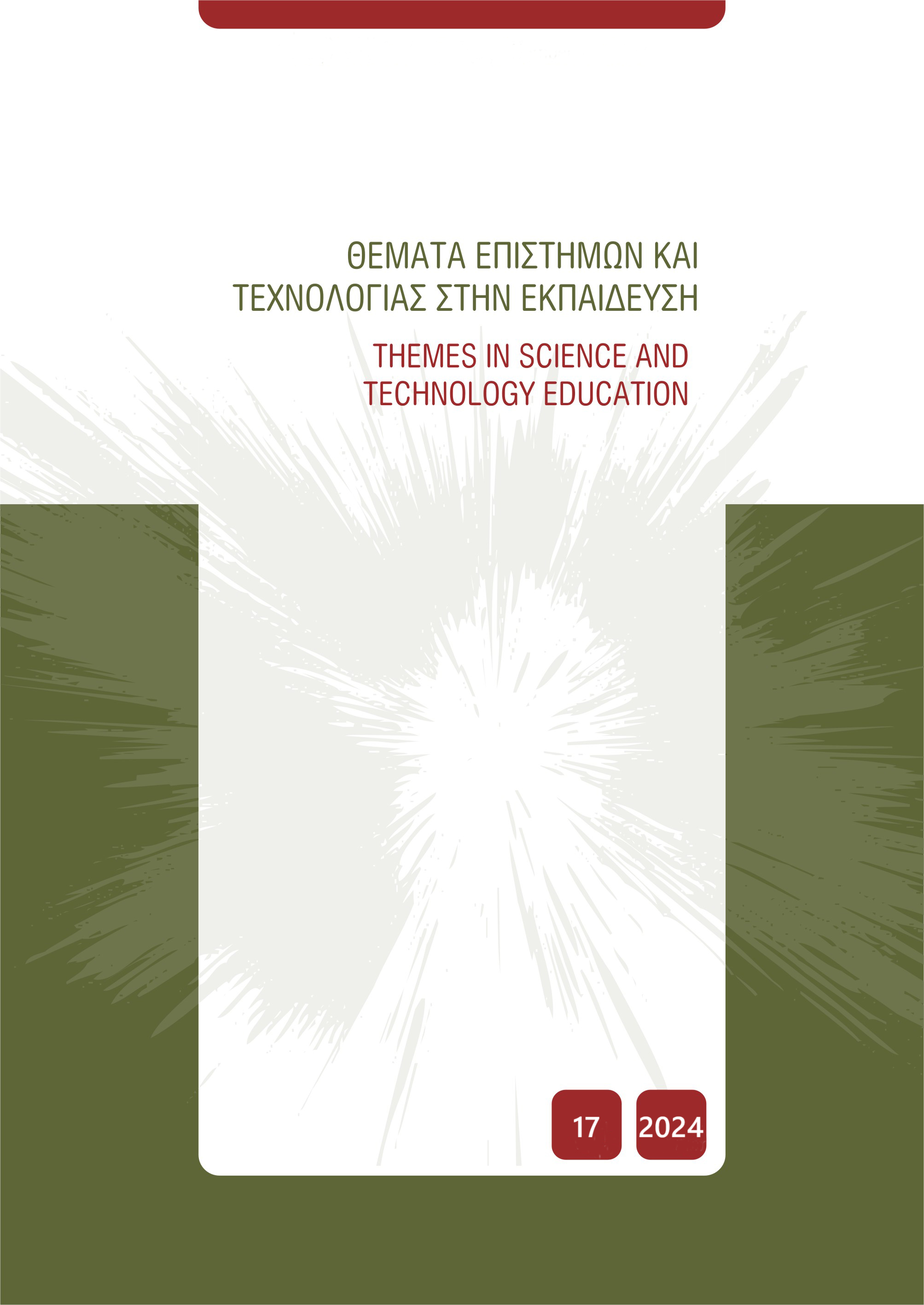Μελέτη των απόψεων εκπαιδευτικών για την Απομακρυσμένη Διδασκαλία Έκτακτης Ανάγκης κατά τη διάρκεια της πανδημίας COVID-19

Περίληψη
Η παρούσα εργασία αφορά τη μελέτη των απόψεων Ελλήνων εκπαιδευτικών πρωτοβάθμιας και δευτεροβάθμιας εκπαίδευσης σχετικά με την Απομακρυσμένη Διδασκαλία Έκτακτης Ανάγκης κατά τη διάρκεια της πανδημίας COVID-19. Η έρευνα έλαβε χώρα αμέσως μετά την επαναλειτουργία των σχολείων τον Μάιο του 2020 και συμμετείχαν 694 εκπαιδευτικοί. Τα αποτελέσματα της διερευνητικής παραγοντικής ανάλυση των δεδομένων ανέδειξε τέσσερις κύριους παράγοντες που επηρέασαν τη διαδικτυακή διδασκαλία: α) ικανότητα των εκπαιδευτικών να σχεδιάζουν διαδικτυακές δραστηριότητες μάθησης, β) ανάγκες των εκπαιδευτικών για επαγγελματική ανάπτυξη, γ) επιπτώσεις της πανδημίας στην εκπαίδευση και δ) αντιλήψεις των εκπαιδευτικών για τη διαδικτυακή μάθηση. Σε συμφωνία με τα ευρήματα της διερευνητικής παραγοντικής ανάλυσης, η ποιοτική ανάλυση των δεδομένων ανέδειξε τρεις ομάδες παραγόντων που επηρέασαν την αποτελεσματική διαδικτυακή διδασκαλία κατά τη διάρκεια της πανδημίας: α) δυσκολίες εκπαιδευτικών στον σχεδιασμό/υποστήριξη της διαδικτυακής μάθησης, β) εμπόδια στη συμμετοχή των μαθητών στη διαδικτυακή μάθηση και γ) ατομικά εμπόδια των εκπαιδευτικών λόγω της πανδημίας.
Λεπτομέρειες άρθρου
- Πώς να δημιουργήσετε Αναφορές
-
Τζιμογιάννης Α., & Κούκης Ν. (2024). Μελέτη των απόψεων εκπαιδευτικών για την Απομακρυσμένη Διδασκαλία Έκτακτης Ανάγκης κατά τη διάρκεια της πανδημίας COVID-19. Θέματα Επιστημών και Τεχνολογίας στην Εκπαίδευση, 17, 35–52. https://doi.org/10.12681/thete.42284
- Τεύχος
- Τόμ. 17 (2024)
- Ενότητα
- Articles





